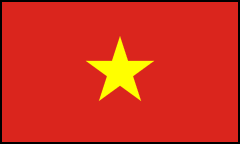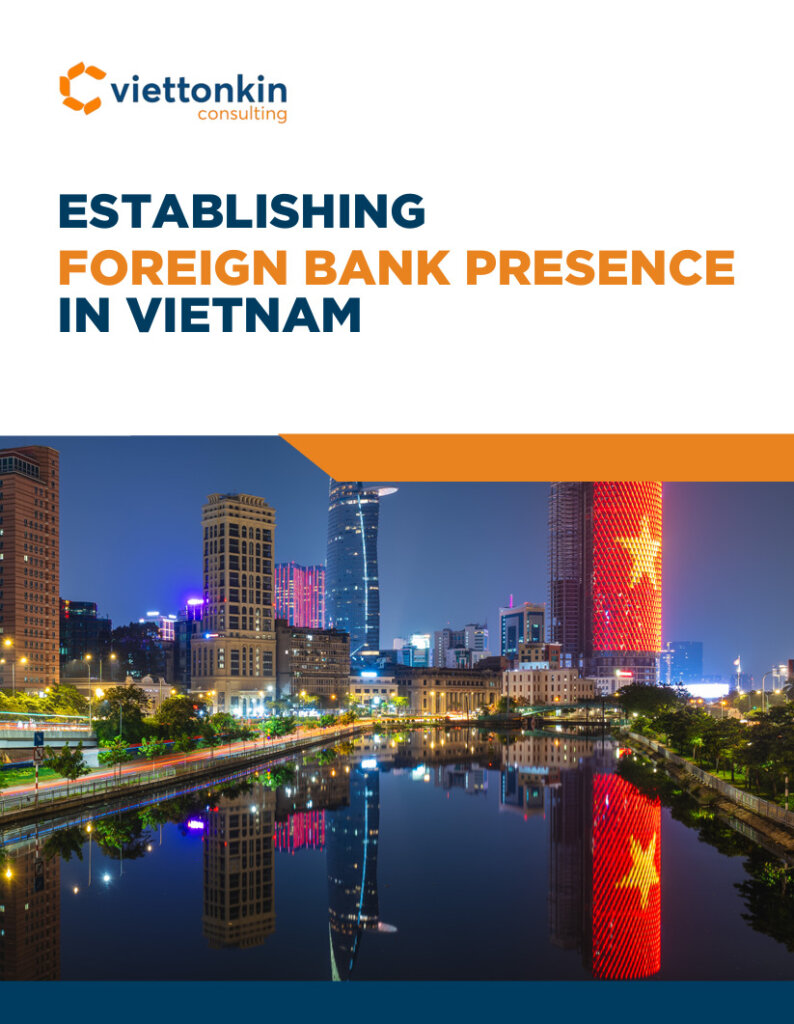Earlier this year, the Regional Comprehensive Economic Partnership (RCEP) between 15 Asia-Pacific nations came into effect. This agreement is a big deal with global influence, covering about 30% of the world’s gross domestic product, trade, and population. For instance, in 2019, the total GDP of RCEP member countries reached $25.84 million, higher than that of the United States-Mexico-Canada Agreement or the European Economic Area.
RCEP is a free-trade agreement (FTA) involving 10 ASEAN members and 5 other countries in the Asia continent. Within RCEP members, tariffs on 91% of goods will be eliminated, boosting their economies. While in a closed economy, goods, services, technology, and knowledge are limited. However, with an open economy, consumers have access to a variety of goods.
From there, there will be an increase in aggregate consumption, leading to a growth in manufacturing. To achieve that, FTAs like the RCEP were formed to reduce taxes and stimulate trade, creating mutual benefits for member countries. RCEP includes commitments on market opening in the fields of goods, services, and investment. Additionally, the harmonization of rules of origin instead of applying the 5 sets of rules like the present was also discussed. Another matter of concern is the establishment of trade facilitation measures.
Vietnam - an active member of the RCEP
As one of the most open economies among the developing countries in terms of trade, Vietnam is an active member of many FTAs, including the RCEP. While being the ASEAN Chair in 2020, Vietnam has successfully completed its mission, contributing to the agreement of ASEAN nations on the RCEP. The signing of the RCEP agreement can be considered one of the most desirable outcomes of the ASEAN Summit 2020.
How Vietnam benefits from the RCEP
The RCEP, the world's largest trade bloc, is predicted to facilitate increased development and trade through integrated markets for Vietnam. This country has already been well integrated into the region; therefore the greatest benefits are not likely to come from tariff reductions alone, but from measures that facilitate trade such as unified rules of origin. It is believed that in the most optimistic scenario, where all benefits are applied, Vietnam will have the highest gains of all RCEP member countries.
Positive impacts on trade
According to a recent study by the World Bank, Vietnam is projected to have the highest trade and income gains among all members of the RCEP. In regards to trade encouragement, Vietnam offers partner countries a tariff liberalization rate equal to or lower than the current level of the ASEAN Plus free trade area agreements.
Countries in return also apply tariff liberalization rate for Vietnam: Australia eliminates 92% of tariffs for Vietnam, New Zealand lowers by 91.4%, Japan by 90.4%, Korea and China by 90.7%. In addition, some types of goods were free from tariffs as soon as the agreement was enforced: mechanical equipment, tools, accessories, computer components, chemical products, cotton, and some agricultural products, among many others.
Beside tariff removal, the simplification of the rules of origin was implemented due to the RCEP. Regulations on harmonization and transparency of customs procedures to match international standards were discussed as well. With consistent customs laws and regulations between involved countries, businesses operating in the bloc can benefit from quick procedures and favorable conditions.
Agreements on trade-related issues open great export opportunities for Vietnamese enterprises, enabling them to export to 14 other markets of member countries with preferential tax rates and relaxed customs procedures and product requirements. As a consequence, the RCEP will help establish long-term stable export markets despite the volatile world situation causing disturbances in the supply chain.
What's more, by encouraging other countries to export products and services to Vietnam, the RCEP allows Vietnamese companies to access modern production chains, technology, and equipment from developed countries in the bloc. Moreover, it would be easier for Vietnam to import input materials for manufacturing at lower prices due to the cut in tariffs.
Vietnam as an investment destination
It is settled that the opening level of the Vietnamese market does not exceed the level decided in the CPTPP and EVFTA Agreements. RCEP also adds some TRIMs+ obligations compared to commitments to join the WTO. Furthermore, the investment chapter of the Agreement added a mechanism to assist investors with solving problems in the investment process. However, the mechanism of dispute and settlement between the state and investors will not be applied to tariff-related expropriation. Also, Vietnam reserves the right not to exercise automatic MFN clauses in the investment field.
Another point is that RCEP is built on the appropriateness of the economic development level of participating countries. Therefore, while some ASEAN countries are still in underdeveloped economic status, the dissimilar economic structure will create conditions for countries to support each other through the supply chains of goods. Consequently, businesses in Vietnam as well as in other less developed economies can compete in the market. Due to the RCEP, Vietnam and some ASEAN countries have become more attractive as investment destinations.
RCEP brings about an increase in GDP
Assuming reductions in tariff and non-tariff measures, real income in RCEP countries is expected to increase by 0.21 percent and real GDP by 0.17 percent in 2035. Particularly, in Vietnam, considering the full scenario, the income level grows by almost 5 percent, higher than that of other countries, whose average is 2.5 percent. The baseline, which incorporates long-term trends and takes into account all of the current tariff liberalization commitments within the region (except for the Regional Comprehensive Economic Partnership), predicts real income in Vietnam will grow more than 112 percent between 2020 and 2035.
Challenges and solutions
Generally, the RCEP agreement opens many opportunities for member states, especially underdeveloped countries like Vietnam. However, beside creating an environment with highly diverse economies, the new FTA can also pose challenges for Vietnamese enterprises. For example, a higher level of competition will be inevitable, not only in manufacturing but also in services. Furthermore, since RCEP has come into effect, legal matters will occur more frequently, including ownership rights, intellectual property, and e-commerce.
Hence, while this is an opportune time to consider entering the Vietnamese market, investors should be mindful of the procedures and problems. The research process can be exhausting and overwhelming without the help of a faithful partner. Therefore, Viettonkin is here to support you and tackle all your problems with experienced specialists and high-quality service. Contact us now via our website to spare yourself the hard work.
 English
English








